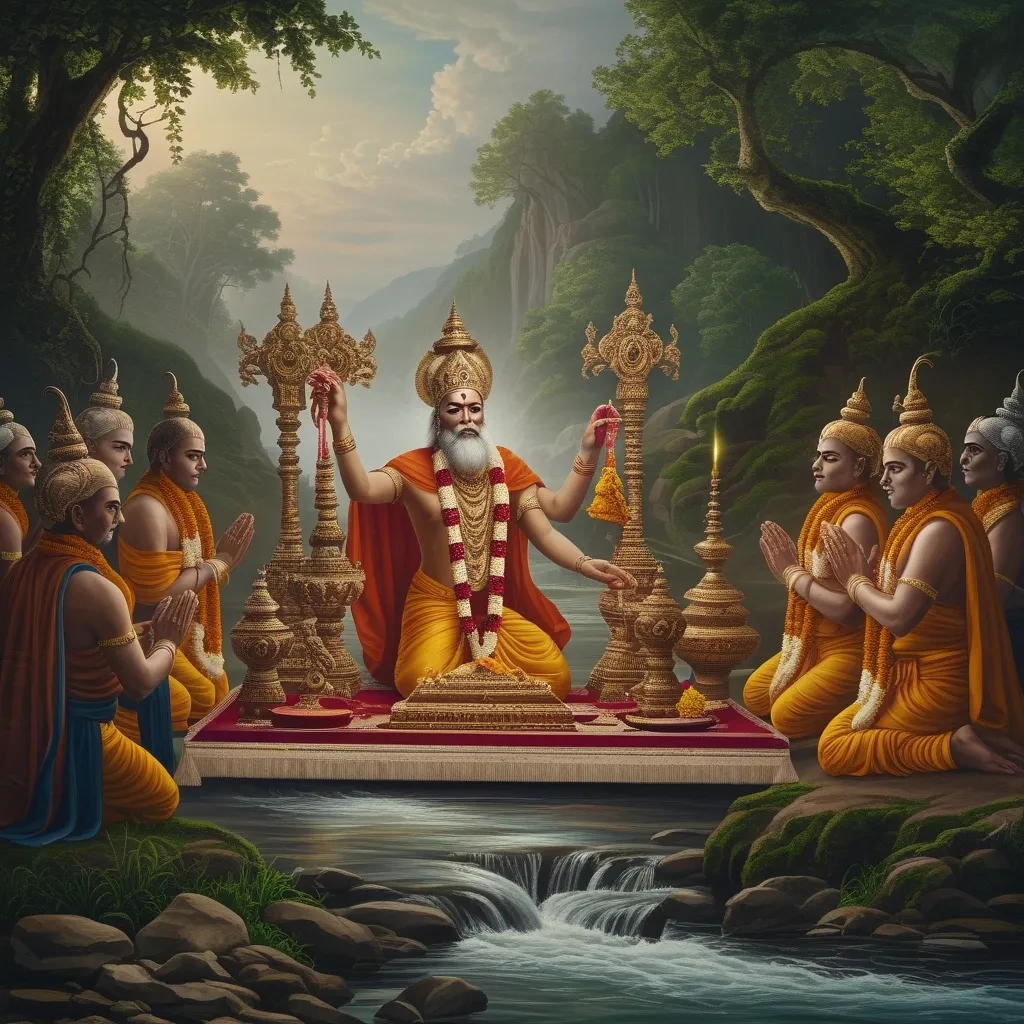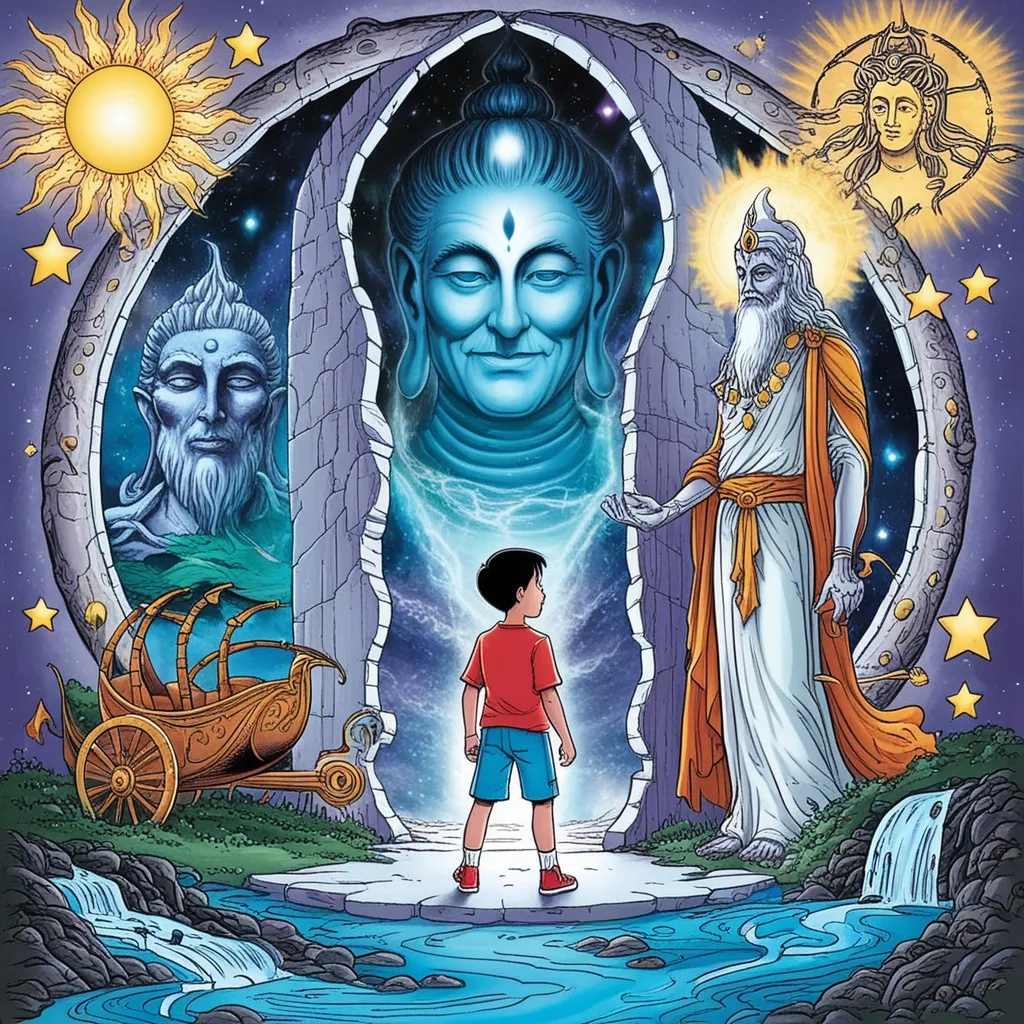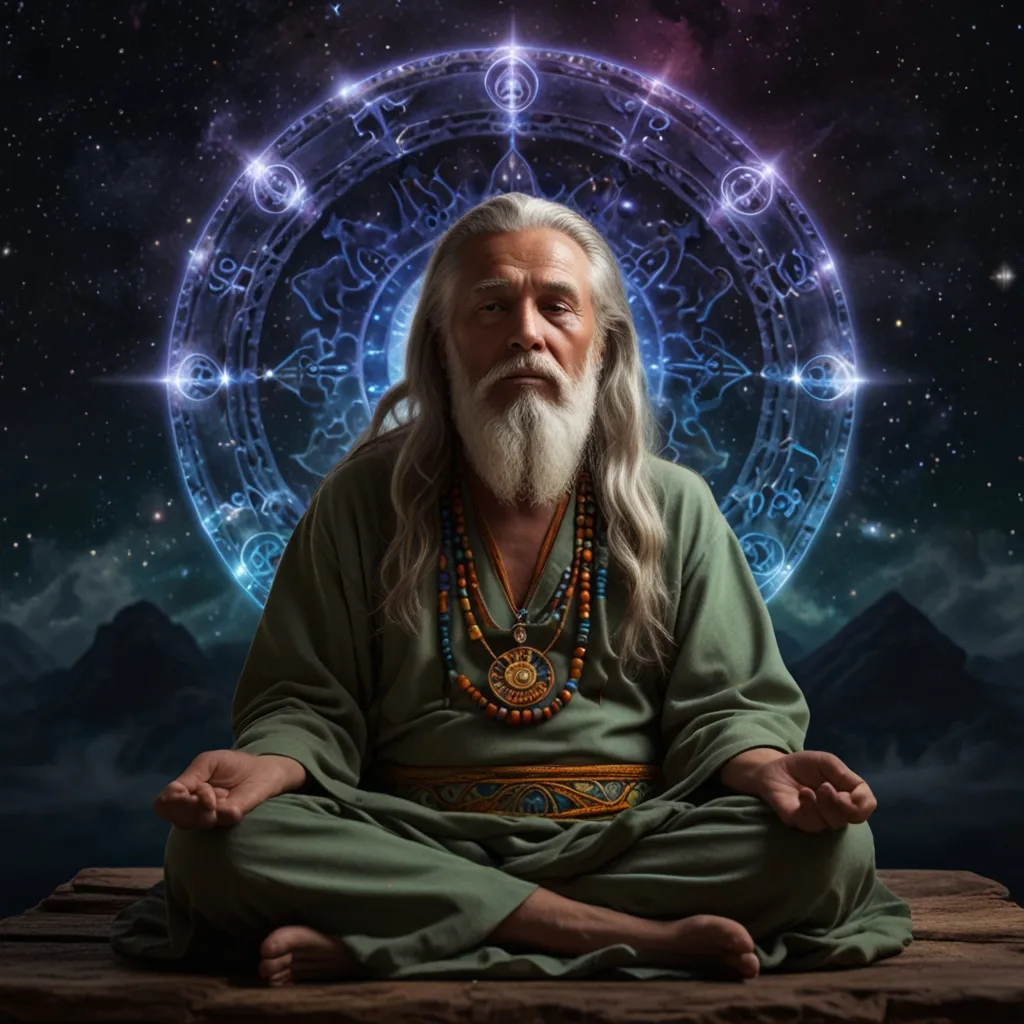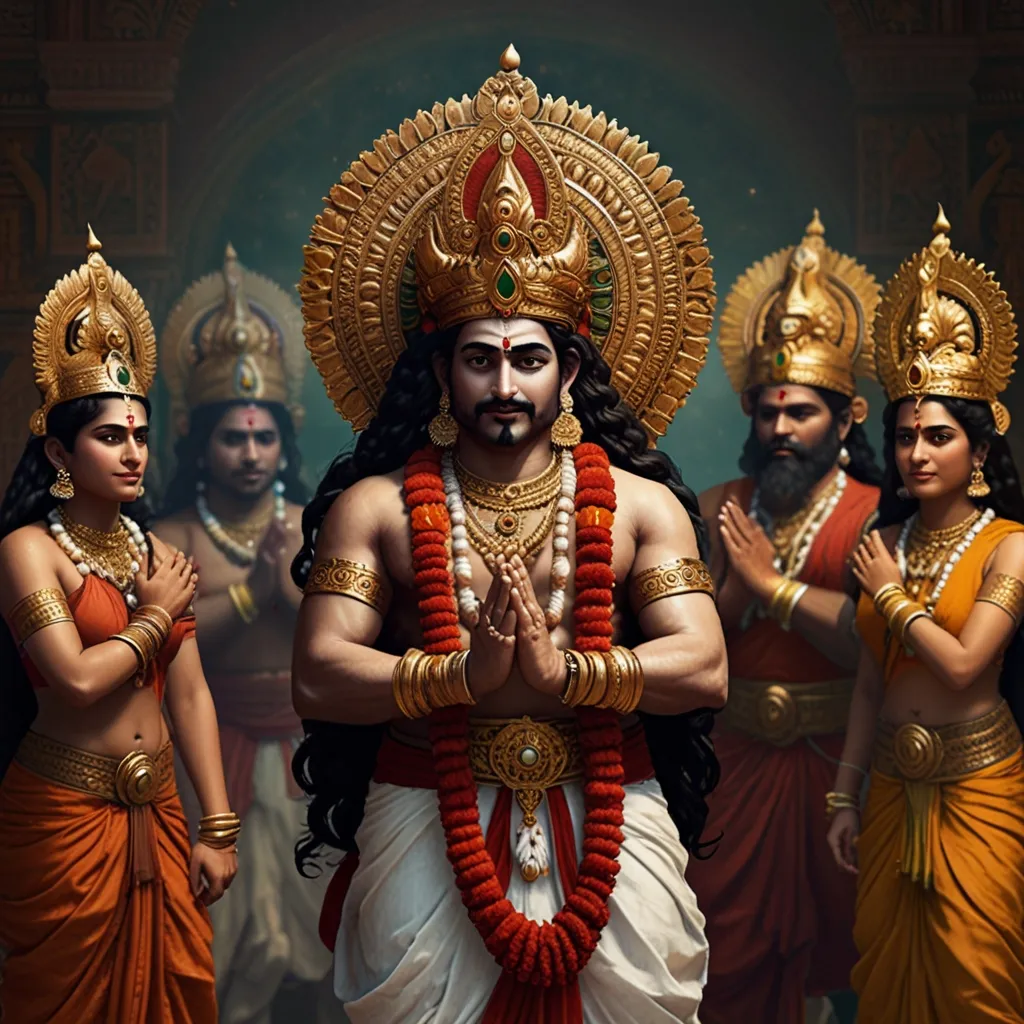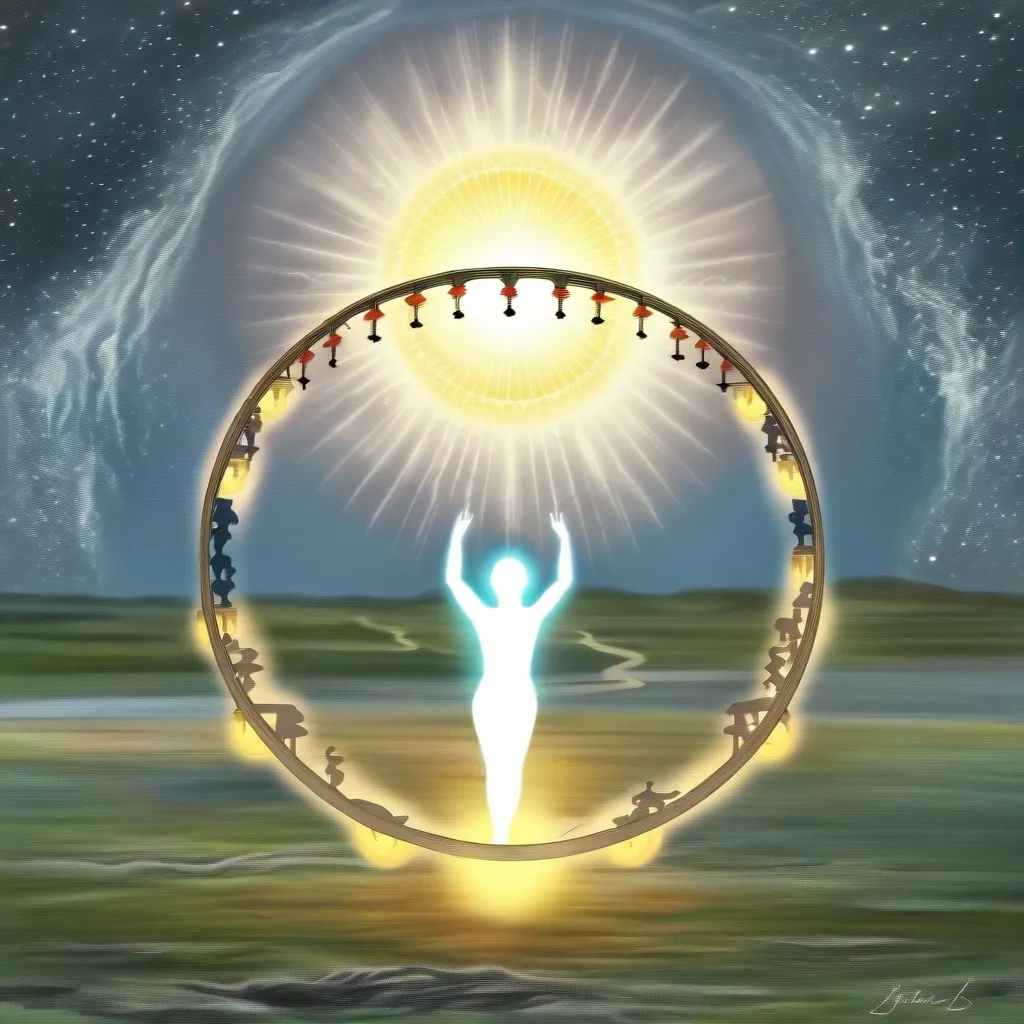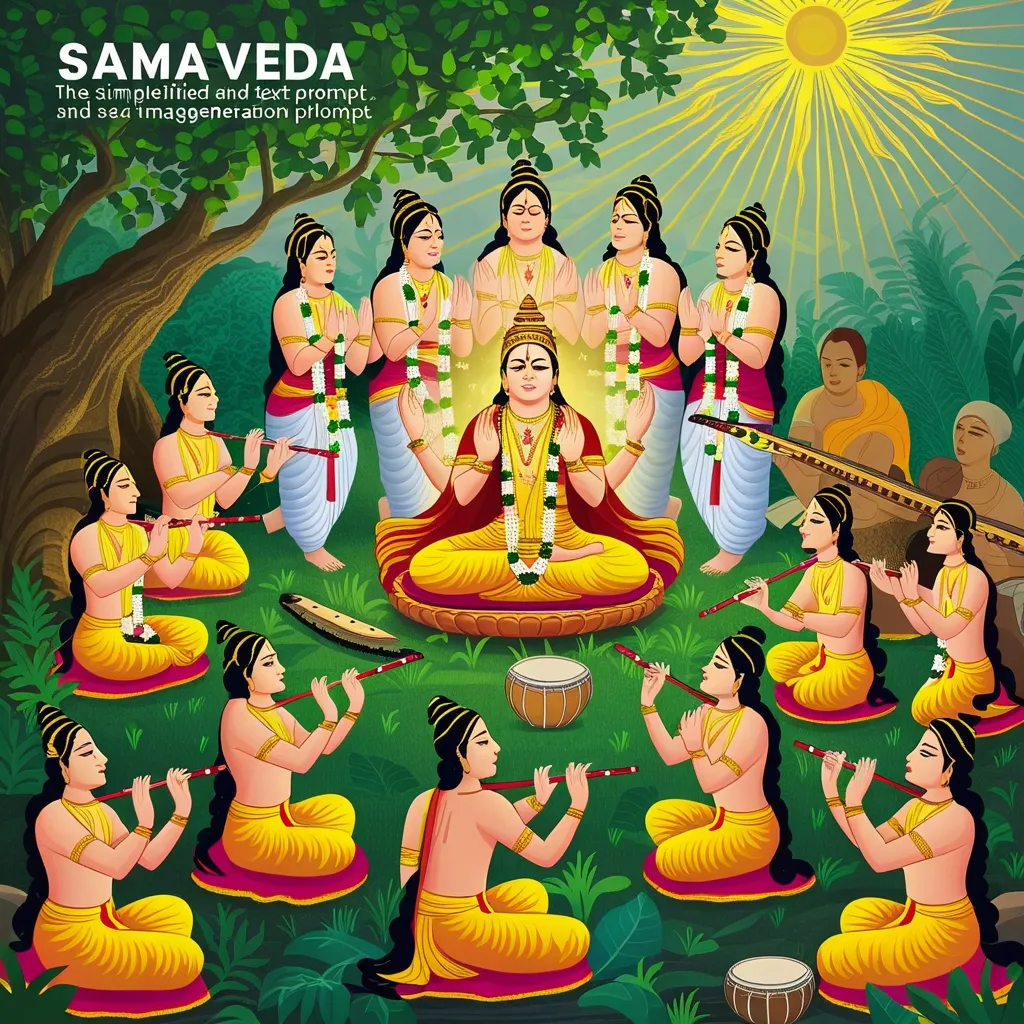The Upanishads are some of the most intriguing ancient texts out there. They were written way back between 700 BCE and 300 BCE and mark a major shift from the Vedas’ rituals to deeper and more thought-provoking questions about life and reality.
One of the big reasons these texts are so philosophical is because they dig into the relationship between the individual self, called Ātman, and the ultimate reality, Brahman. They question everything—why we’re here, what the universe is all about, and how we can achieve liberation. These are the kinds of questions that have fascinated thinkers not just in Hinduism, but all over the world.
The Upanishads also introduce a fascinating concept called non-dualism or Advaita Vedanta. This idea suggests that the ultimate reality, Brahman, is actually the same as our individual self, Ātman. It’s a deep and mind-bending idea, pushing people to rethink how they see the world and themselves. This concept has been a huge part of Hindu philosophy and has sparked many debates and discussions over the centuries.
What makes the Upanishads stand out even more is their clever use of analogies and metaphors to explain their ideas. Take the Bṛhadāraṇyaka Upaniṣad, for example. It compares the parts of a horse used in a sacrifice to different elements of the universe like regions and time intervals. This way of teaching makes complex ideas easier to understand and much more engaging for the reader.
These texts also stress the importance of introspection and meditation. They encourage a reflective approach to understanding oneself and the world around us. This emphasis on looking inward for answers aligns perfectly with the philosophical tradition of seeking truth through personal experience and contemplation.
Interestingly, the Upanishads aren’t just one book but a collection of diverse texts written by different scholars and schools. This diversity mirrors the dynamic nature of philosophical inquiry, where various perspectives fuel a richer understanding of complex ideas. Sometimes, these texts even present conflicting views, which only adds to the critical thinking and debates they inspire.
The impact of the Upanishads goes way beyond just Hinduism. They’ve influenced numerous philosophical traditions in India and even thinkers around the globe. Their deep dives into the human condition, the nature of reality, and the path to liberation tackle universal questions central to philosophy in every culture.
To wrap it up, the Upanishads are seen as philosophical masterpieces because they take on fundamental questions about existence, introduce profound concepts like non-dualism, use relatable analogies to explain complicated ideas, emphasize introspection and meditation, and reflect the always-evolving and diverse nature of philosophical inquiry. They’ve shaped Hindu thought profoundly and contribute to global philosophical discussions, making them pillars of philosophical literature.

